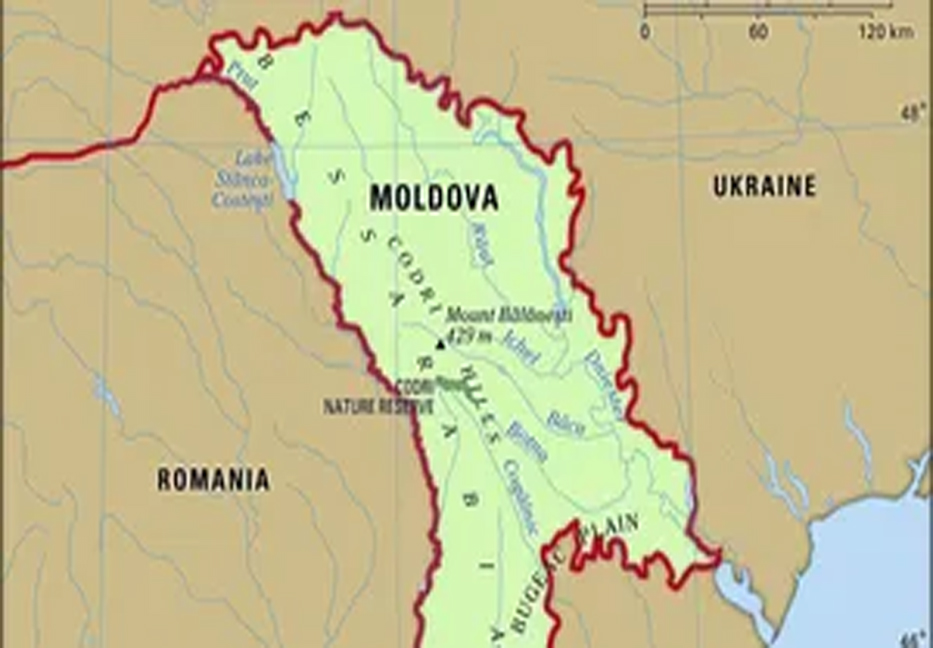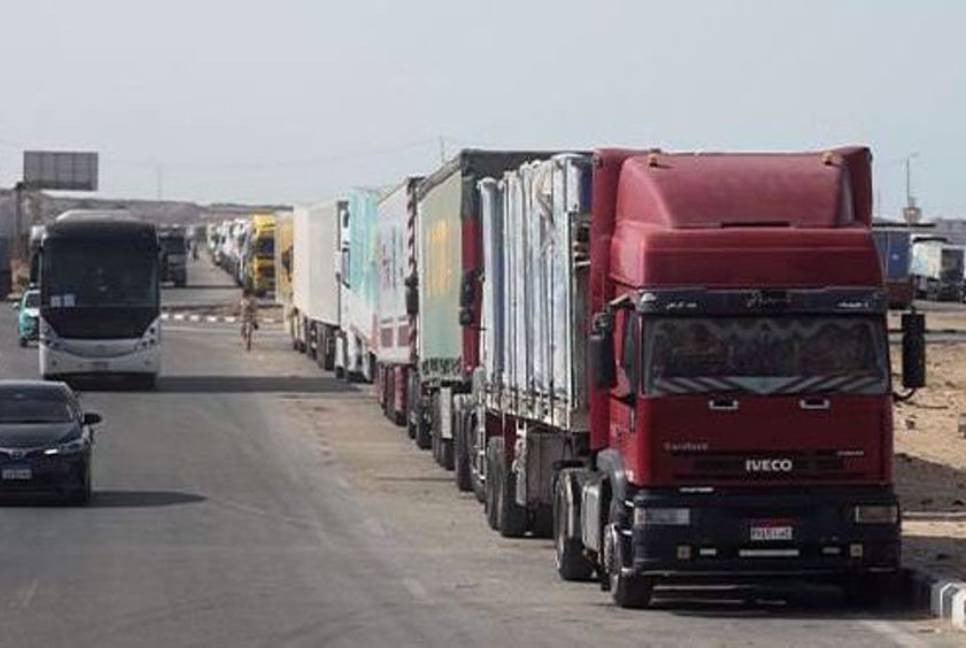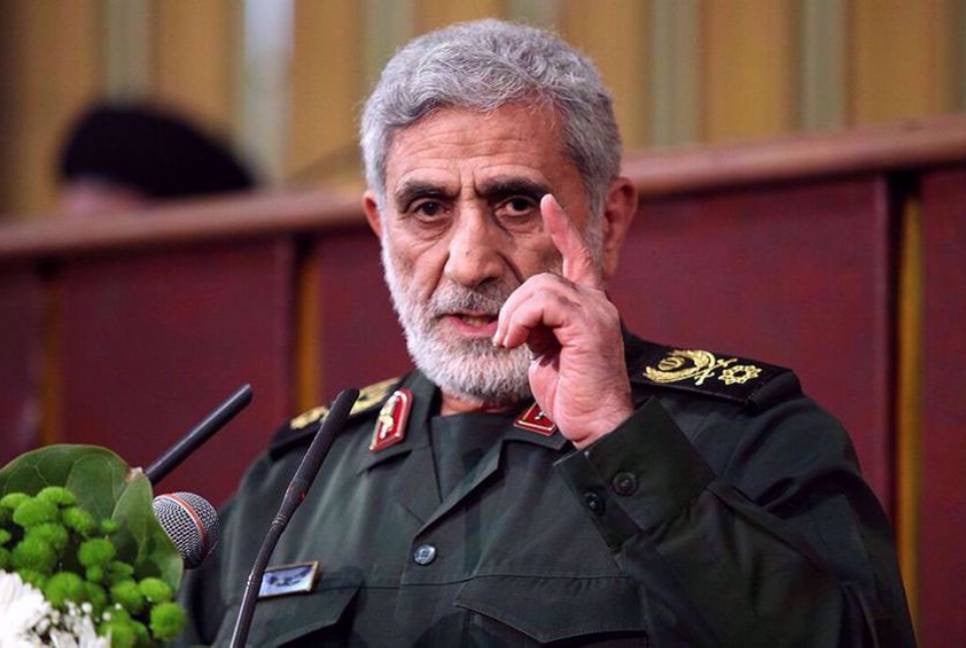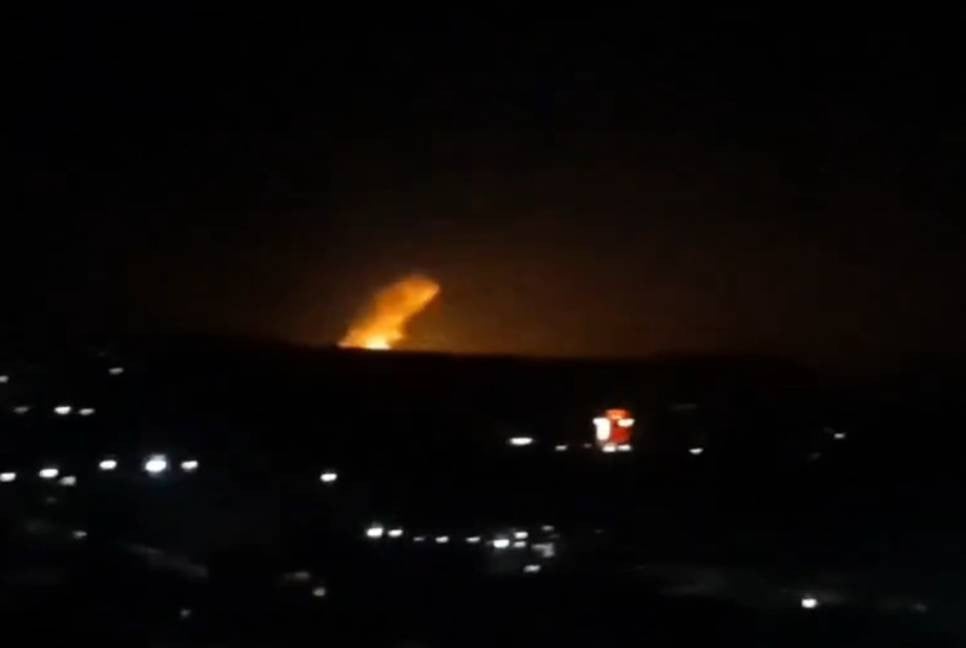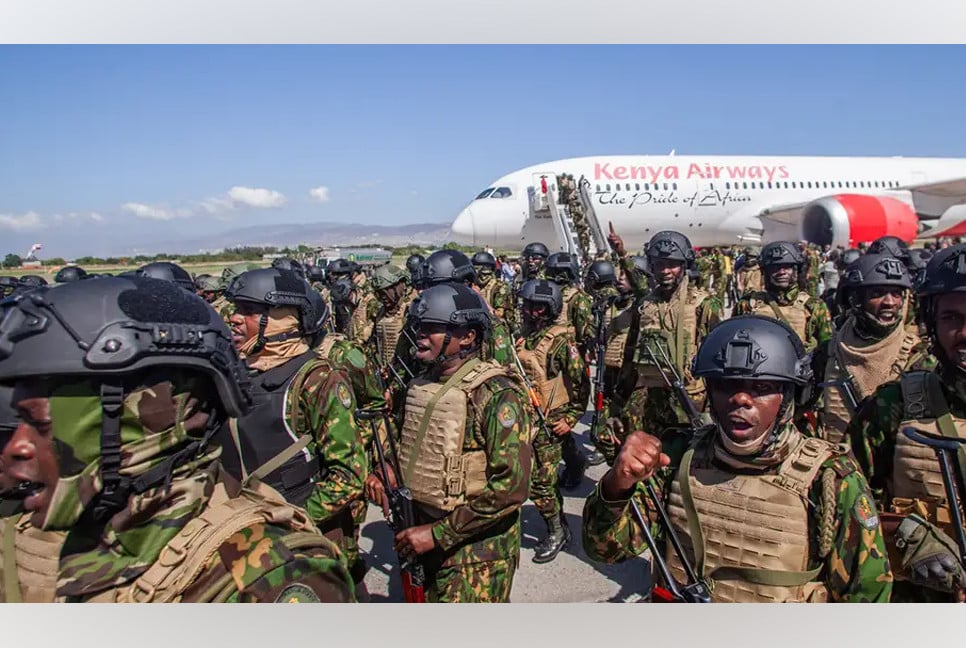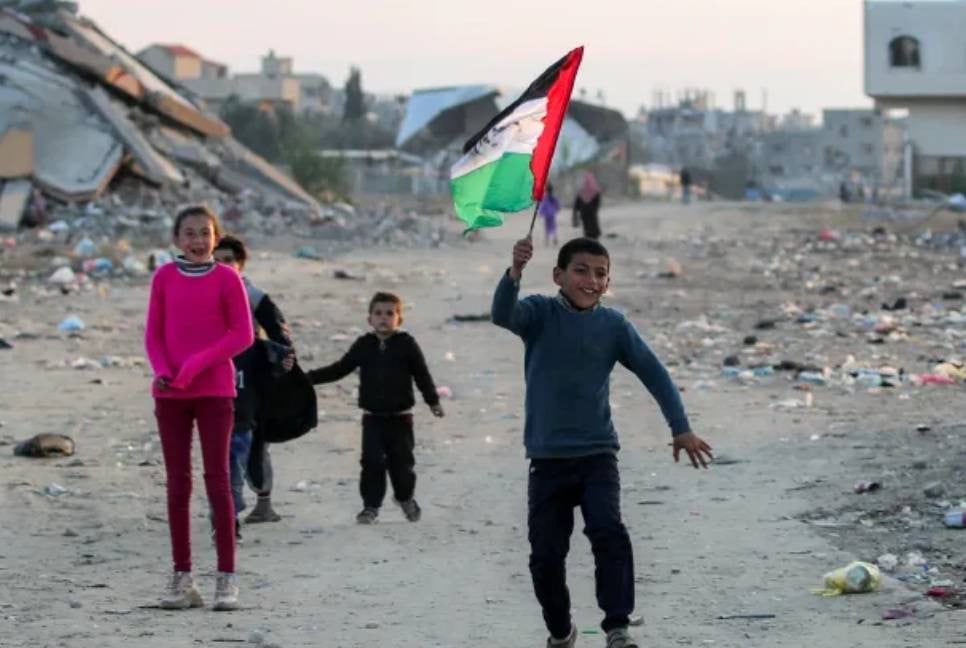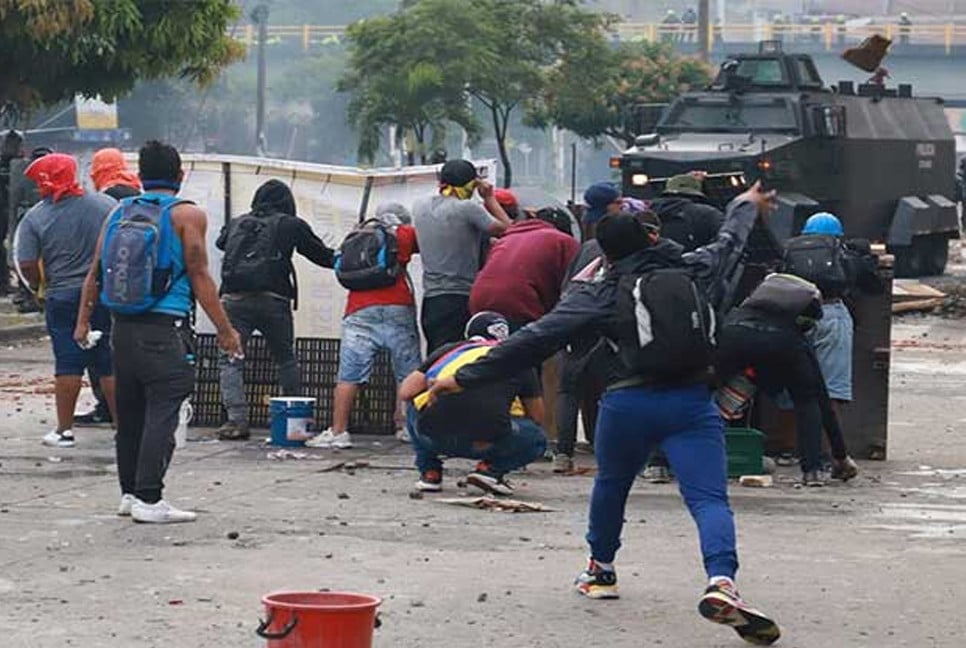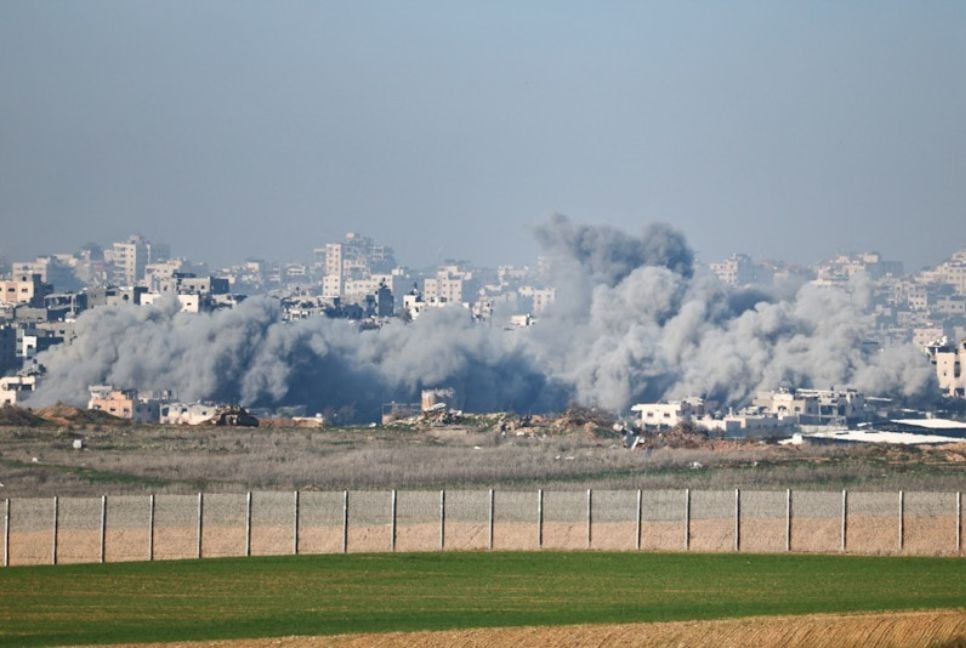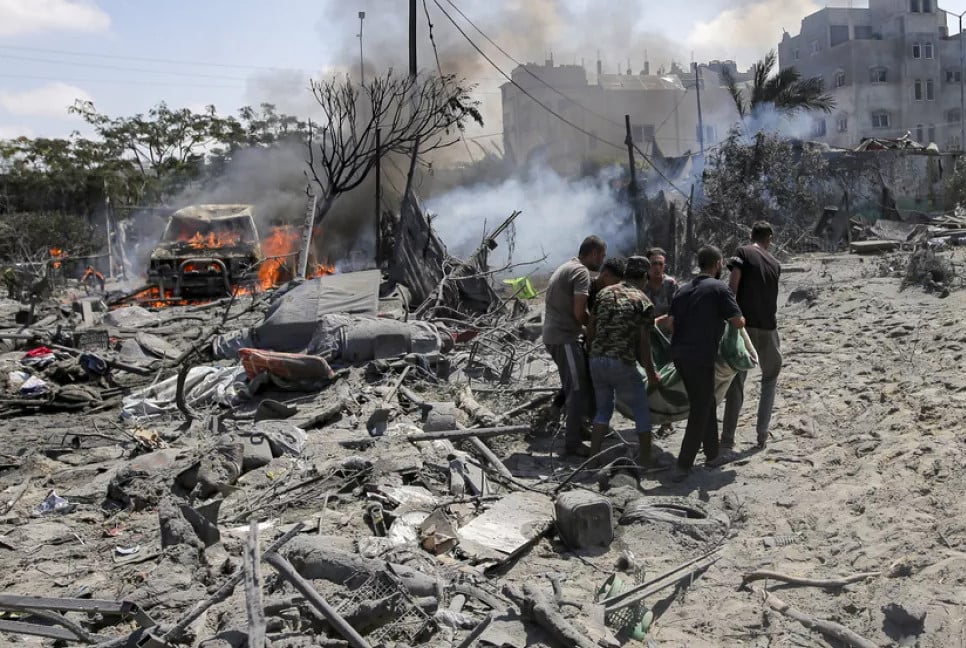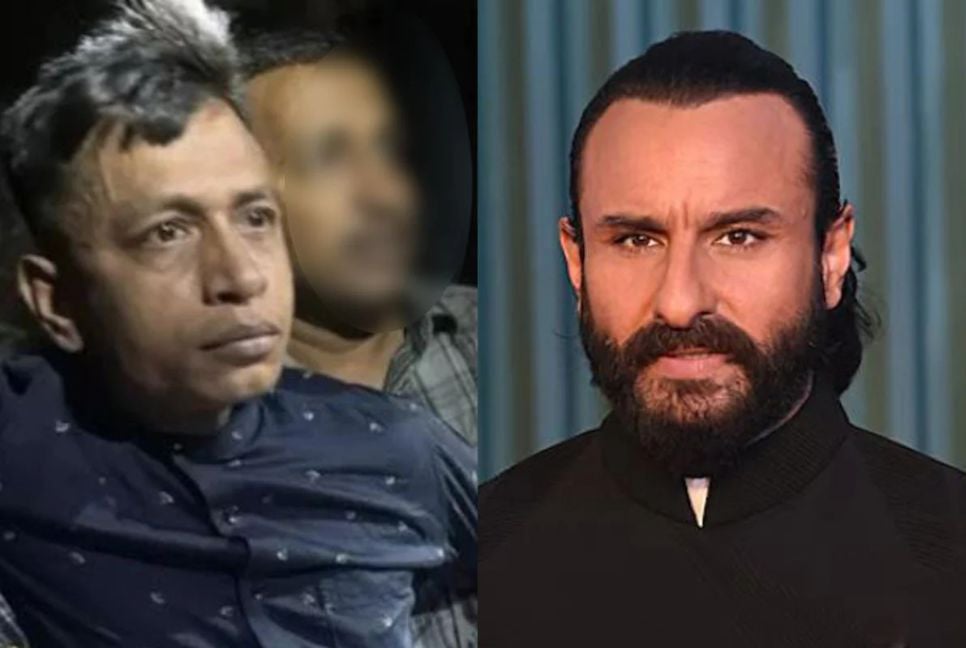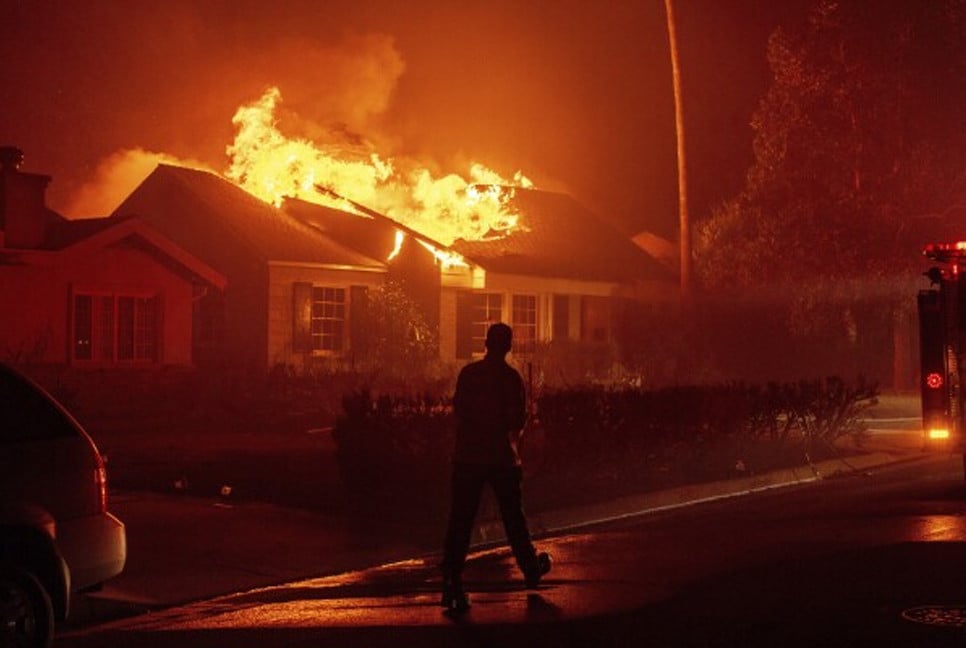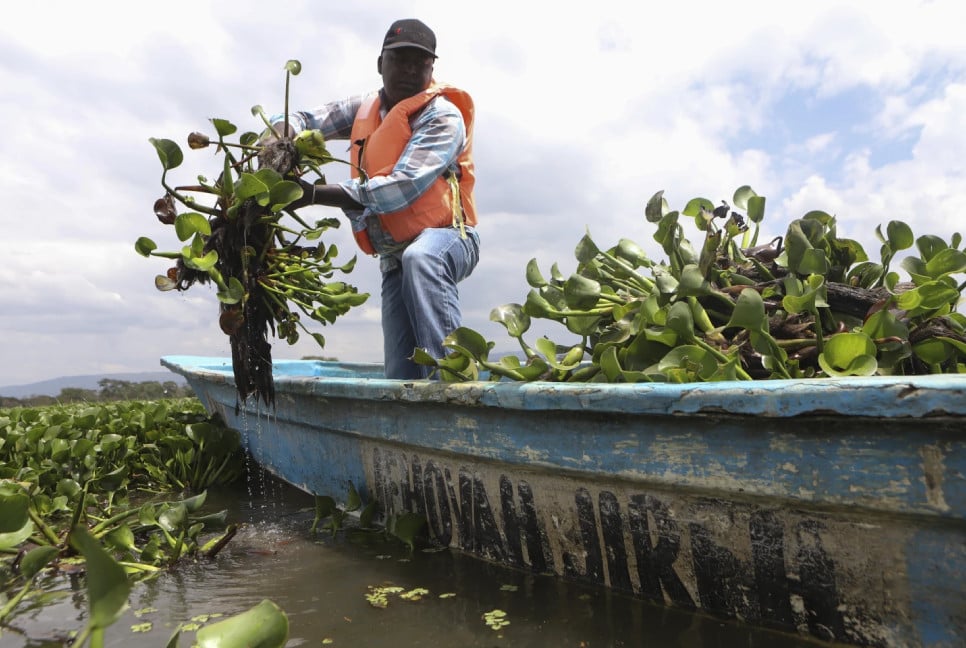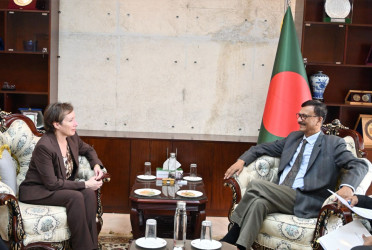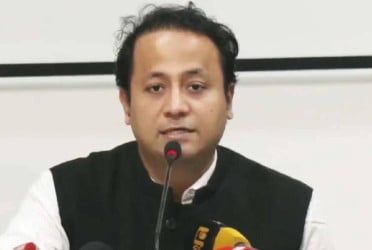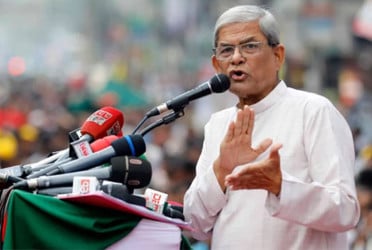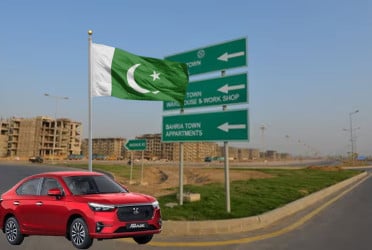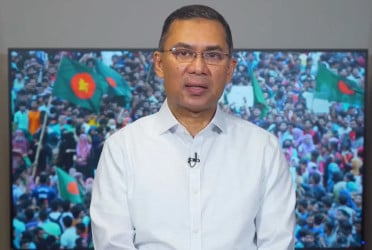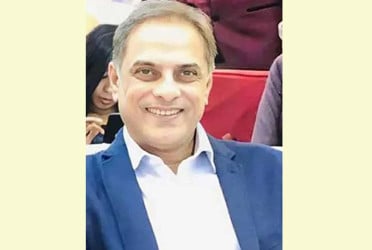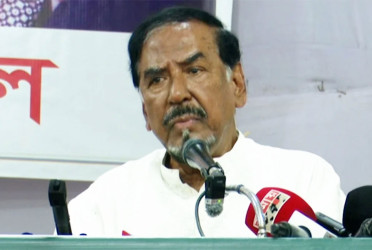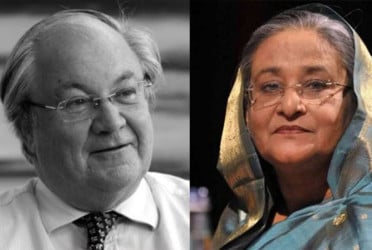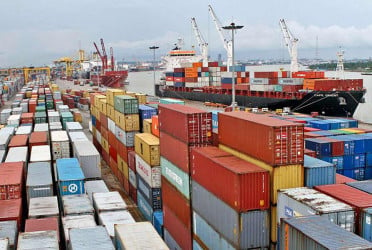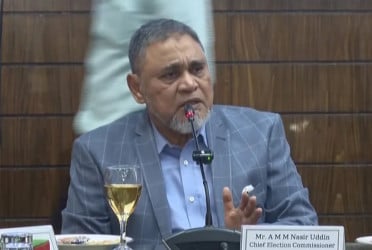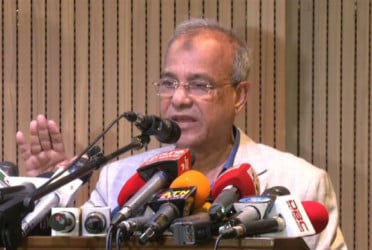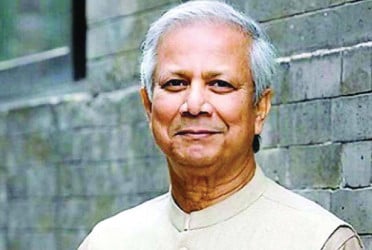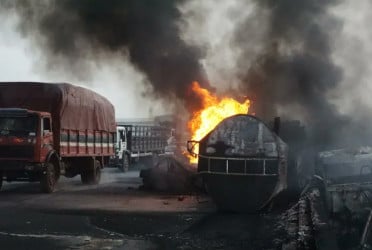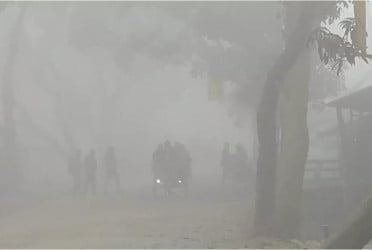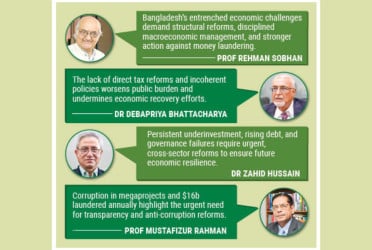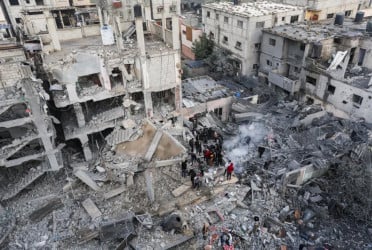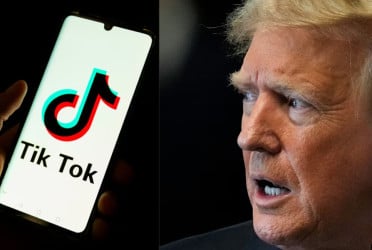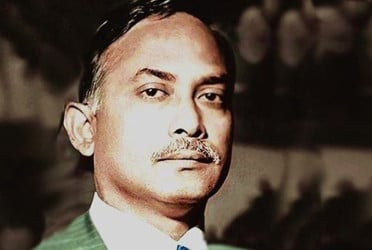Tensions have been increased in pro-Western, small European country Moldova after allegations of Moscow's attempts to destabilize the country came to light last week, reports AFP.
Facing multiple crises aggravated by Russia's war in Ukraine, the impoverished former Soviet republic of 2.6 million people wedged between Romania and Ukraine these days has to tackle the following key issues:
- Why is Chisinau worried?
On Monday, Moldova's President Maia Sandu accused Russia of plotting to violently overthrow her government through saboteurs disguised as anti-government protesters, claims which Russia denied.
Moscow's alleged plan would also envisage "attacks on state institutions and taking hostages".
Moldova is already wrestling with an energy crisis prompted by supply cuts from Russia's targeting of Ukraine's energy infrastructure, and tensions have flared up due to missile overflights connected to the war in Ukraine.
"Moldova is under hybrid attacks," the country's new Prime Minister Dorin Recean said Thursday.
"We fought against these threats last autumn, but a new, stronger wave is just beginning," he warned.
Security measures have since been beefed up.
On Tuesday, Moldova's airspace was temporarily closed as a result of an "unidentified flying object", while a football match on Thursday was held behind closed doors over fears that agitators would mingle with supporters from Serbia.
"Russia is flexing its muscles and this latest attempt is probably the most serious one" since the beginning of the war, said Stefan Wolff, an expert on post-Soviet societies and professor at the University of Birmingham.
Does Russia plan to invade Moldova?
Overall "the prospect of an actual invasion is very limited", Wolff told AFP, but the country needs to be "prepared for all eventualities" in the face of Russia's President Vladimir Putin, who "does not seem to operate by our standards of rationality".
Moscow still maintains troops in Moldova's breakaway region of Transnistria, but their number remains "relatively small".
The unrecognised region seceded from Moldova in 1990 after a brief war in the wake of the collapse of the Soviet Union. The conflict has been frozen since 1992.
The greatest benefits that Russia can gain from its actions are to "create more uncertainties, and weaken the resolve" of Moldova and its European partners in their fight alongside Ukraine, Wolff explains.
Moldova became an official candidate to be considered for entry into the European Union in June 2022, and has welcomed tens of thousands of Ukrainian refugees amid Russia's invasion of Ukraine.
Bd-pratidin English/Lutful Hoque

